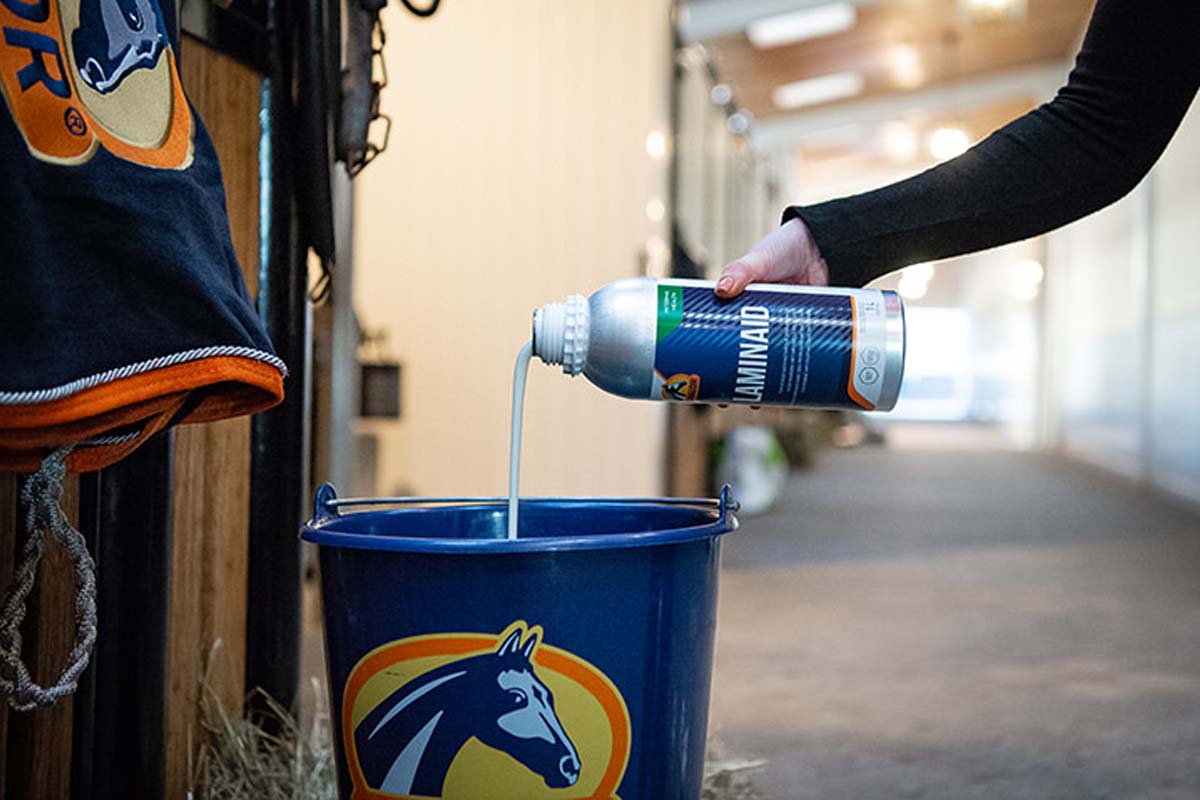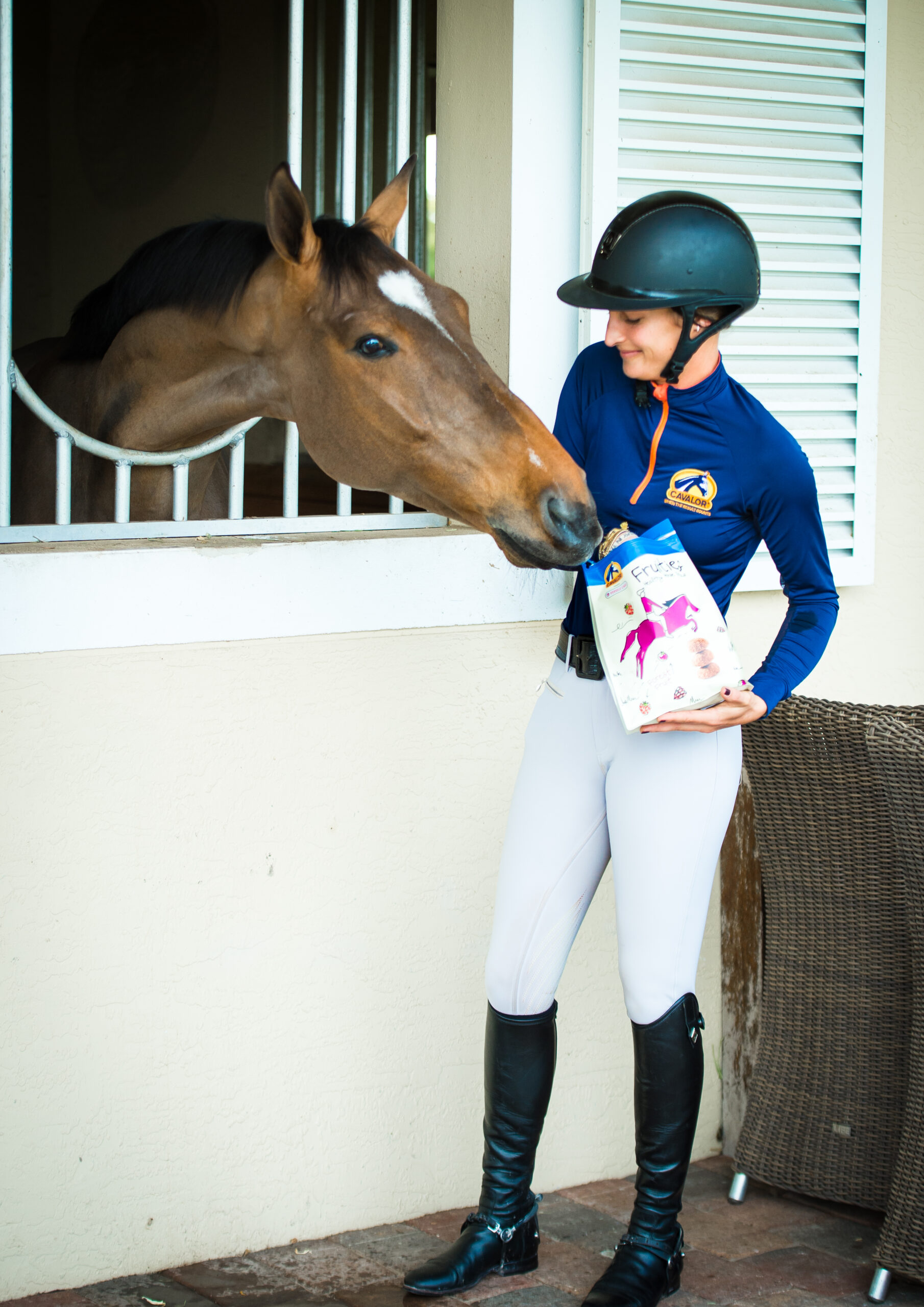The first ingredient in our products is knowledge. Ingredients with proven effects are an important part of Cavalor, and this proven effectiveness is examined in scientific studies. In this article, read all about the research behind Cavalor LaminAid.
Proven strength
Numerous scientific studies show that essential oils can have positive physiological effects on the body. For example, certain essential oils have antibacterial, anti-inflammatory and analgesic effects, while others act as antioxidants, improve circulation, or support metabolism and digestion.
Field testing
This knowledge led to the development of Cavalor LaminAid, a supplement that tackles metabolic disorders through the use of essential oils. Before its market launch, the product was subject to extensive field testing. The results of this (non-scientific) research were astonishing. Participants used a combination of Cavalor LaminAid and Cavalor PodoSens for 30 days on horses with mild to moderate cases of laminitis. Most of the horses showed clear improvements, walked more easily, and showed improved hoof growth. Some owners noticed changes after just 3 to 10 days. After field testing, up to 70% of the horses showed fewer signs of lameness.
Scientific research
The success of this testing led to a scientific study on the effects of Cavalor LaminAid. 90% of cases of laminitis are caused by an underlying metabolic problem. This is usually associated with insulin dysregulation. Correcting these metabolic issues is therefore an important step in the prevention and treatment of laminitis. The study looked specifically at 20 horses that had all been previously diagnosed with insulin dysregulation. For 6 weeks,10 of the horses received LaminAid as a supplement and the other 10 received a placebo. No changes were made to their diets and stabling during the study, so that any effects could be attributed to the supplement. Prior to the study, baseline measurements were done to obtain information such as the degree of insulin sensitivity; in addition, insulin response was evaluated after a sugar test. After 6 weeks, all of these measurements were repeated in all of the horses. The horses given LaminAid were found to have a marked improvement in their insulin dysregulation compared to the group of horses given the placebo. The positive effect on insulin sensitivity and insulin response was particularly evident in horses with severe metabolic problems. This is important, as these are the horses most at risk of laminitis.
The preliminary results of this study were published and presented at the Annual Meeting of the European Federation for Animal Science (EEAP) in September 2021. A full scientific publication will follow.
References: C.M.M.Loos,E. S. Vanzant, W. Han, S. Zhao, J. Li, X. Wang, L. Li, A. D. Bohannan, K. L. Urschel, K. R. McLeod: Impact of essential oils on insulin sensitivity and the metabolome of insulin dysregulated horses. Abstract – Poster # 35828, Annual meeting of the European Federation of Animal Science (EAAP), 2021, Davos, Switzerland


